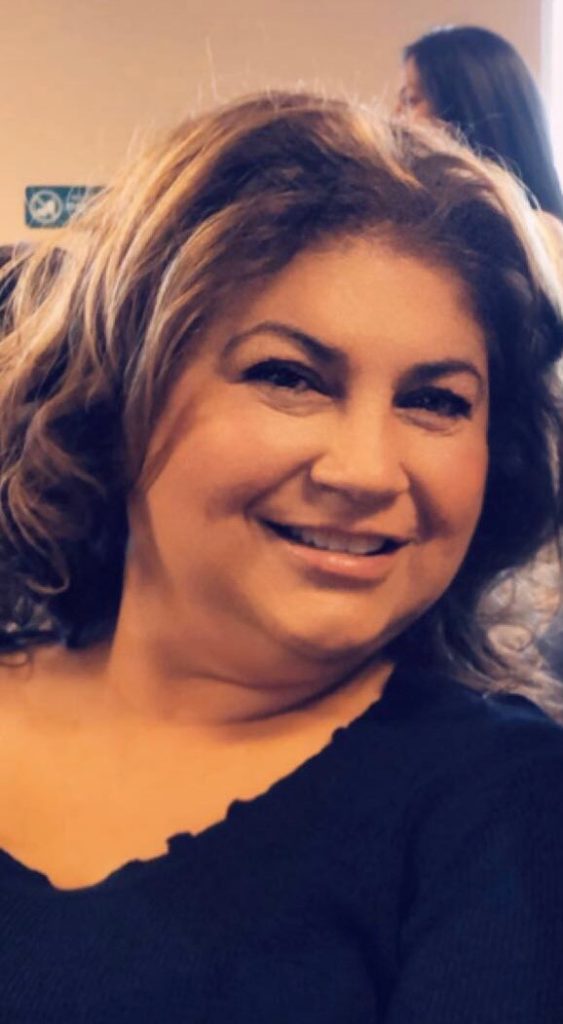Leticia Espinoza, a 10-year CDCR employee, helps Spanish speakers navigate the Office of Victim and Survivor Rights and Services (OVSRS). In honor of National Crime Victims Rights Week, Inside CDCR caught up with Espinoza to discuss her role.
OVSRS employee bridges gap for Spanish speakers

Why did you join CDCR? What drew you to the OVSRS?
Growing up in a bilingual family and professionally working in diverse environments, I am passionate about equity and accessibility.
When I began my work on the Victim Information and Notification Everyday (VINELink) project, I realized how important it was for victims to have someone they could talk to in their own language. Often, they were transferred to someone unfamiliar with our office and the services it provides.
When victims are already in a high-stress environment, this makes a difference. Since OVSRS is a team, everything we do is for the victims. We are a unique group who are all passionate about our work. I’m so grateful to be part of a team that cares as much as I do about the community we serve.
Language has power
Why is your work important? How does it benefit the public and the state?
It’s important for our Spanish speaking community to be able to receive assistance in a language they understand. While going through a traumatic event, getting help or support in Spanish makes a huge difference. I would say the Spanish speaking population, or any underrepresented group, can be intimidated to contact our office. They may be worried since we are law enforcement, that we may be an immigrant reporting agency. Some victim family members contacting our office may be undocumented individuals and fear we will report them.
They also may be worried and embarrassed. Culturally, many fear sharing their inter-family battles. Lastly, many of them are unaware we have Spanish speaking staff to assist. It makes them more comfortable speaking with our team in their natural language. They are sharing personal details about their family or friends who might be in prison for victimizing and harming them.
OVSRS employee bridges gap for Spanish-speaking victims
What do you do to help victims and survivors? What language barriers do victims face when with dealing with state, county, and local organizations?
In speaking with victims, I avoid using generalizations and comparing them to other victims. I validate their emotions, meet them where they are and build rapport so they feel comfortable.
While crimes may be similar, each victim’s circumstances and their reactions to the crime are unique. I always keep an open mind and listen to their stories with empathy.
Some barriers may include mistranslations or misunderstandings. I get to know the victims and identify their need, connecting them with resources they can access. If I connect them to a local agency, then that agency would have a Spanish-speaking representative. I ensure the resources we are providing come in multiple languages and meet federal and state accessibility standards.
What are some common misconceptions the public might have about working for OVSRS or the role it plays?
There may be hesitancy for minority populations to trust enforcement agencies. It is our job to inform them of their rights and what services are available to them. Often it is just lack of awareness of what OVSRS does to assist victims and survivors of those sentenced to CDCR.
Final thoughts
OVSRS maintains a comprehensive victim services program and establishes justice practices to ensure crime victims and survivors are afforded the utmost respect in exercising their legal rights. Offering services in Spanish makes a huge difference. Also, my compassion toward the community we serve is one of my many strengths.
My almost 10 years experience has provided me with many learning and growth opportunities to better understand the population served and their diverse needs.
Follow CDCR on YouTube, Facebook, X (formerly Twitter). Listen to the CDCR Unlocked podcast.
Learn more about the Office of Victim and Survivor Rights and Services.
